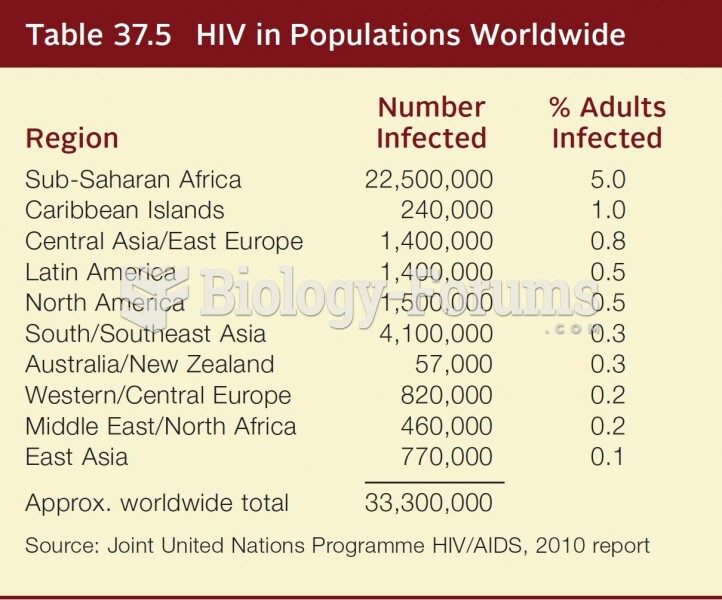Answer to Question 1
TRUE
Answer to Question 2
The trade theory that nations should accumulate financial wealth, usually in the form of gold, by encouraging exports and discouraging imports is called mercantilism. It states that other measures of a nation's well-being, such as living standards or human development, are irrelevant. Nation-states in Europe followed this economic philosophy from about 1500 to the late 1700s. The most prominent mercantilist nations included Britain, France, the Netherlands, Portugal, and Spain.
How Mercantilism Worked-When navigation was a fairly new science, Europeans explored the world by sea and claimed the lands they encountered in the name of the European monarchy that financed their voyage. Early explorers landed in Africa, Asia, and the Americas, where they established colonies. Colonial trade was conducted for the benefit of mother countries, and colonies were generally treated as exploitable resources.
In recent times, former colonies have struggled to diminish their reliance on the former colonial powers. For example, in an effort to decrease their dependence on their former colonial powers, African nations are welcoming trade relationships with partners from Asia and North America. But because of geographic proximity, the European Union is still often preferred as a trading partner.
Flaws of Mercantilism-Despite its seemingly positive benefits for any nation implementing it, mercantilism is inherently flawed. Mercantilist nations believed that the world's wealth was limited and that a nation could increase its share of the pie only at the expense of its neighborscalled a zero-sum game. The main problem with mercantilism is that, if all nations were to barricade their markets from imports and push their exports onto others, international trade would be severely restricted. In fact, trade in all nonessential goods would likely cease altogether. In addition, paying colonies little for their exports but charging them high prices for their imports impaired their economic development. Thus, their appeal as markets for goods was less than it would have been if they were allowed to accumulate greater wealth.







